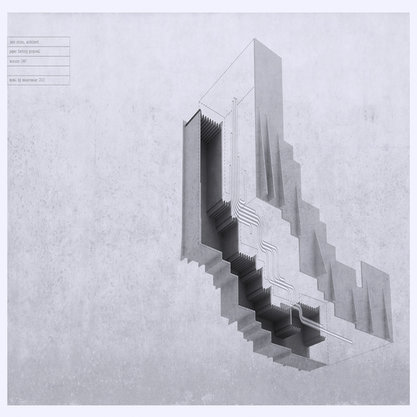Article
Henein, Georges (1914–1973) By Bardaouil, Sam
Article
The son of an Egyptian diplomat and Italian-Egyptian mother, surrealist writer Georges Henein spent his childhood between Cairo, Madrid, Rome, and Paris. It was in Paris that he completed his secondary education at the Lycée Pasteur de Neuilly, going on to study at the Sorbonne. His cosmopolitan upbringing allowed Henein to master Arabic, Italian, Greek, English, and French equally, enabling him to navigate the various worlds in which he roamed with ease and confidence.
In 1935 Henein’s leftist and surrealist leanings began to surface in contributions made to two publications, Un Effort, a monthly periodical published in Cairo by Les Essayistes (a Francophone literary group); and Les Humbles, a Marxist-Leninist journal that was printed in Paris. In 1936 Henein met André Breton, who had revealed his awareness of the former’s efforts to promulgate surrealism in Egypt in a 1936 letter. Later the same year, during a sojourn in Paris, Henein attended the surrealist meetings where Breton called attendees to take a stand against what became known as the Moscow Trials. A manifesto, or more precisely a declaration, entitled La Verité Sur Le Procès de Moscou was read by Breton in a meeting on the 3rd of September of 1936 and signed by those present, including Henein.


